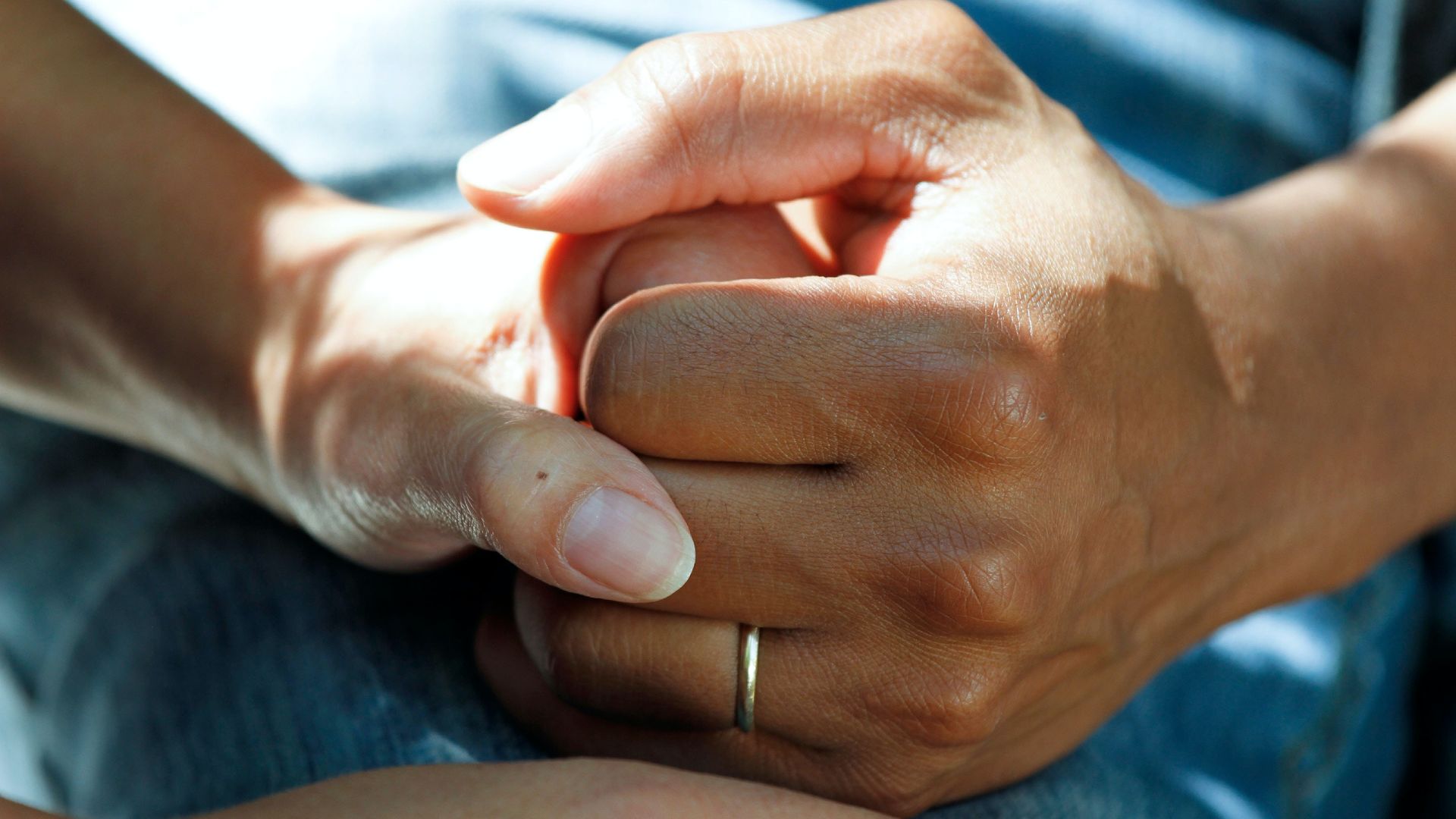The end of life, soon the subject of a citizen consultation? This is the announcement made by Emmanuel Macron on the morning of 13 September 2022. It should be organized by the Economic, Social and Environmental Council (EESC) from next month, in order to be able to draw conclusions in the spring of 2023. This is a commitment he mentioned during the presidential campaign.
On the program, citizen debates conducted in the regions, but also consultations with palliative care professionals.
At the same time as this announcement, the National Advisory Ethics Committee this morning issued opinion 139 dedicated to “ ethical issues relating to end-of-life situations: autonomy and solidarity “.
The opinion of the CCNE on the end of life
The body itself addressed this topic in June 2021 and therefore collected the views of health professionals, and examined the Ethical issues of assisted suicide in the context of people suffering from a serious illness.
Should we legislate on the practice of assisted suicide? How to frame it? What does it mean to prevent abuse? The CCNE raises many questions and also wonders about the consequences of a change in the law, in particular as regards “Seriously ill, disabled or elderly people” :
“Isn’t it likely to be perceived as a sign that certain lives aren’t worth living? We are concerned that this law arouses a form of guilt, even a life complex in people who are already marginalized. “
“If the legislator wants to address this issue, the CCNE believes there is a way
for an ethical application of active death assistance, under certain strict conditions,
with which it seems unacceptable to deal “estimated the instance.
You ask first “Strengthening of public health measures in the field of palliative care” and calls for the establishment of a national debate on the subject, which is privileged “in referendum for the extreme complexity of the matter, for the importance of the nuances behind every possibility analyzed”.
Coincidence: while the theme of the end of life is making headlines, Publication reveals that director Jean-Luc Godard, whose death was announced this morning, was caused by a resort to assisted suicidepractice authorized in Switzerland, prohibited in France.

What does the law say today?
Since 2016, with the Claeys-Leonetti law, it is possible for the terminally ill to resort to deep and continuous sedation until death. Combined with analgesics, it helps to avoid suffering for the sufferer. Deep sedation can be requested by the patient or suggested by the doctor.
The 2016 law gave more space to the role of the trusted person, who acts as a referent in the event of the patient’s inability to express himself, and highlighted the issue of advance directives, i.e. the patient’s wishes regarding his own end of life.
L’active euthanasia it is currently not authorized in France: it involves the administration of a lethal drug that will cause the patient’s death, at the request of the patient. Several European countries control it, most notably Belgium. Euthanasia is different from assisted suicidewhich designates an end-of-life process in which the patient is the actor of the gesture.
A law “putting the person at the center of decisions at the end of life”claimed France 3 Jean-Luc Romero, former president of the Association for the Right to Die with Dignity (ADMD), who welcomes the decision to start this social debate and hopes for a law next year.
Photo credit: Olga Kononenko via Unsplash
Source: Madmoizelle
Ashley Root is an author and celebrity journalist who writes for The Fashion Vibes. With a keen eye for all things celebrity, Ashley is always up-to-date on the latest gossip and trends in the world of entertainment.




